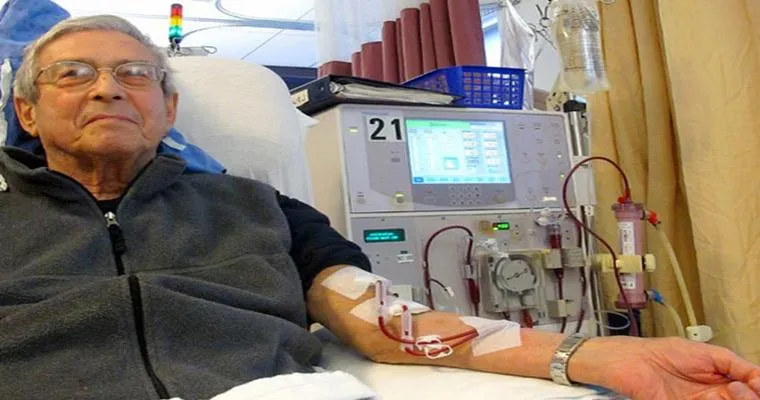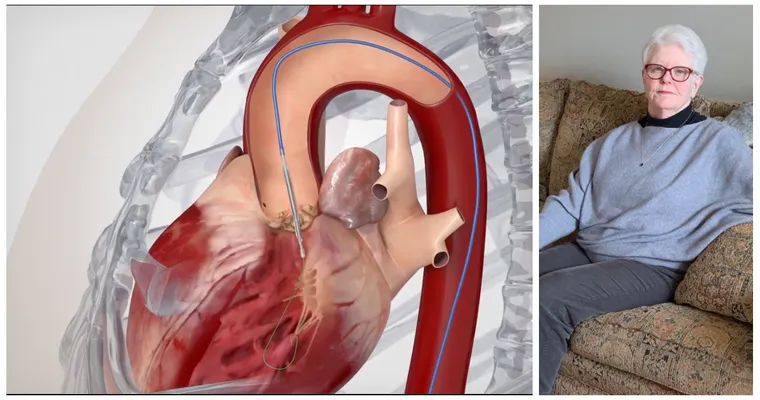Being a "family caregiver" for a loved one (LO) with "end stage kidney disease" or "chronic kidney disease" who is receiving "dialysis" can be a challenging yet rewarding experience. As a caregiver, you play a crucial role in providing support, comfort, and care to your loved one during a difficult time. Understanding the complexities of these conditions and the dialysis process can help you navigate this journey more effectively.
Understanding End Stage Kidney Disease and Chronic Kidney Disease
"Chronic kidney disease (CKD)" is a long-term condition that can progress to "end stage kidney disease (ESKD)", where the kidneys are no longer able to function effectively. This stage often requires "dialysis" or a kidney transplant for survival. As a caregiver, it is essential to be informed about these diseases, their symptoms, and their treatment options to provide the best possible support for your loved one.
The Role of Dialysis in Kidney Disease Management
"Dialysis" is a medical procedure that helps perform the functions of healthy kidneys by removing waste, extra fluid, and toxins from the blood. There are two main types of dialysis: "hemodialysis" and "peritoneal dialysis". Understanding the differences between these methods and how they affect your loved one's daily life can help you offer better assistance.
Providing Emotional Support
Caring for someone with kidney disease can be emotionally taxing for both the patient and the caregiver. Providing "emotional support" is just as vital as managing physical health. Make time for open conversations, listen to their concerns, and encourage them to express their feelings. Being a compassionate and understanding presence can greatly alleviate their anxiety and fears.
Daily Care and Routine Management
As a caregiver, creating a structured routine can help your loved one feel more secure and comfortable. This includes managing their "medications", scheduling dialysis sessions, and assisting with meal planning. A kidney-friendly diet is important, so understanding what foods are suitable and which should be avoided is crucial. Consider consulting a "dietitian" who specializes in kidney health to create a balanced meal plan.
Navigating Healthcare Needs
Being proactive about your loved one's "healthcare needs" is essential. Attend medical appointments with them, keep track of their test results, and communicate regularly with their healthcare team. Understanding their treatment plan and any changes in their condition will empower you to advocate for their needs effectively.
Building a Support Network
Feeling isolated is common among caregivers. Building a "support network" can provide you with the necessary emotional and practical assistance. Seek out local support groups for caregivers of patients with kidney disease, or connect with online communities. Sharing experiences and advice with others in similar situations can offer comfort and valuable insights.
Taking Care of Yourself
Lastly, remember that your well-being is just as important as your loved one's. Being a caregiver can be overwhelming, so make sure to take breaks, seek help when needed, and engage in activities that bring you joy. Self-care is essential for maintaining your physical and mental health, which in turn allows you to be a more effective caregiver.
Conclusion
Being a family caregiver for someone with end stage kidney disease or chronic kidney disease receiving dialysis is a significant responsibility that requires knowledge, compassion, and resilience. By staying informed, providing emotional and practical support, and taking care of yourself, you can help your loved one navigate this challenging time with dignity and grace. Remember, you are not alone, and there are resources available to support both you and your loved one on this journey.





